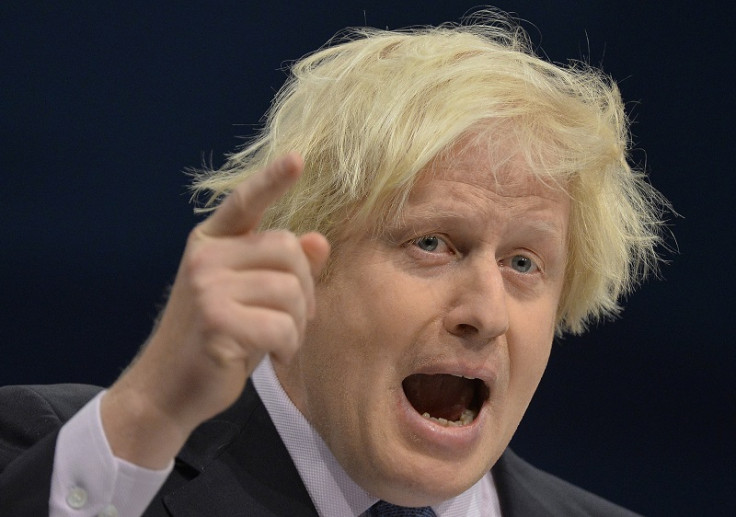Mental ill Health Costs London £26bn a Year as Capital's Businesses Lose Out

The scale of mental ill health in London is costing the capital a staggering £26bn per annum, as one in four Londoners experience a mental health condition in any given year.
According to a report commissioned by the Mayor of London Boris Johnson, a third of these sufferers will experience two or more conditions at once.
The Invisible Costs of Mental Ill Health study found that close to £7.5bn ($12.4bn, €9.1bn) is spent each year to address mental ill health in London, including spend on health and social care to treat illness, among other things.
But the research revealed these costs are only part of the total £26bn lost to London each year through such issues as reduced quality of life and productivity.
"This report is a rallying cry to increase yet further our response to this very pressing and pervasive issue," Johnson said.
He added: "There are still many misconceptions about what mental ill health is, how it happens and what can be done about it.
"The result is that those struggling with mental ill health often go unnoticed and unsupported."
The research also found at least one in 10 children is thought to have a clinically significant mental health problem, and the impact of childhood psychiatric disorders is estimated to cost the capital's education system approximately £200m per year.
In addition, the study said London boroughs spend around £550m a year treating mental disorder on social care costs alone and another £960m is spent each year on benefits to support people with mental ill health.
The report shows how London's businesses are also affected.
The study estimated that a staggering £10.4bn is lost each year, including £7.2bn due to an inability to work – £920m alone is lost annually to sickness absence, and a further £1.9bn is lost to reduced productivity.
"The fact that mental health problems have enormous consequences is well known, but the findings in this report illustrate just what a pervasive impact they have on the capital's population," said Professor Martin Knapp, Professor of Social Policy at London School of Economics.
He added: "£26bn a year is far too high a price to the city, and much of it is because we are not addressing individual and social needs properly.
"Those costs will continue to rise if we do nothing. I want the findings of this report to spur the wider London community to help meet those needs."
© Copyright IBTimes 2024. All rights reserved.






